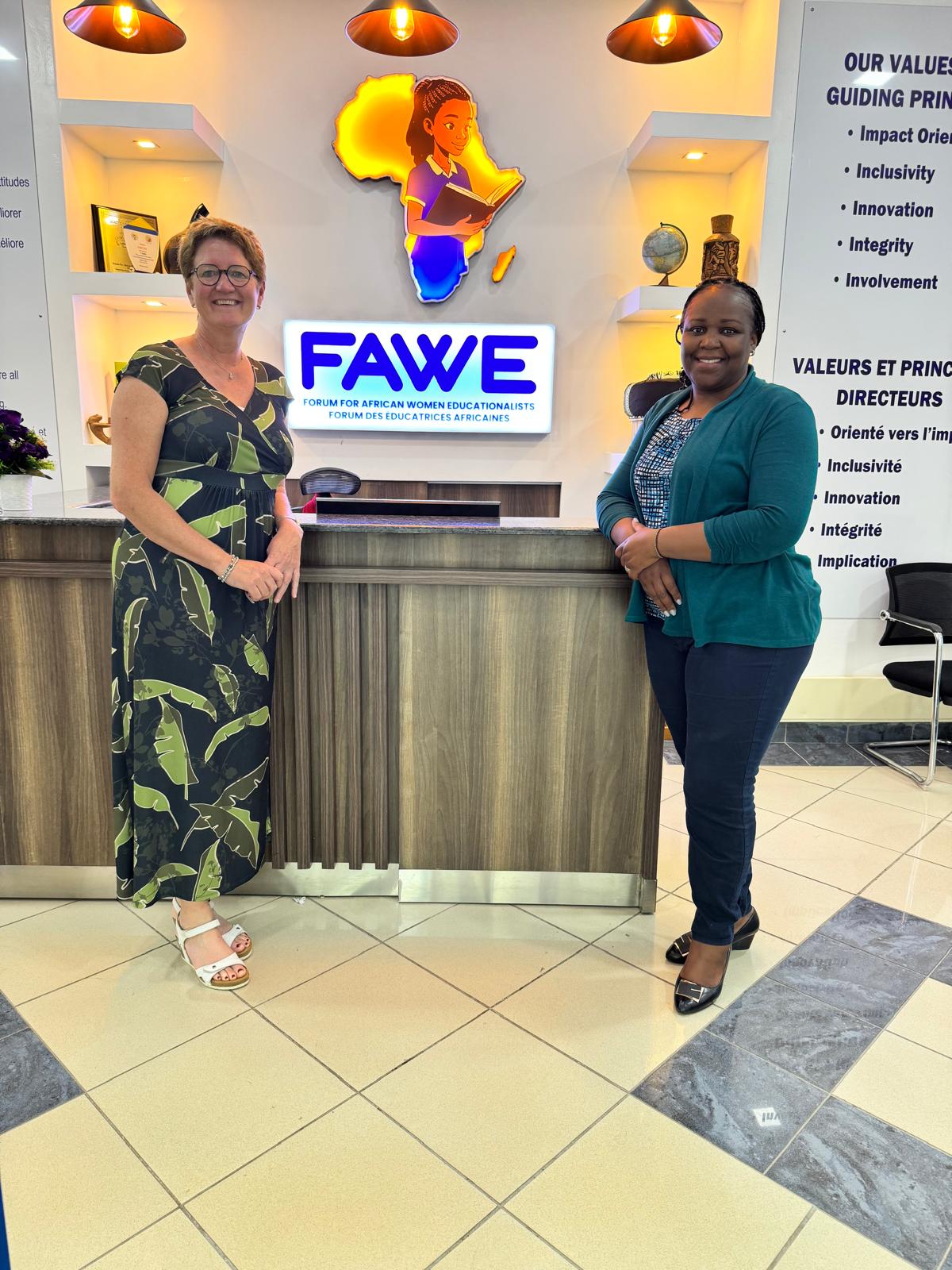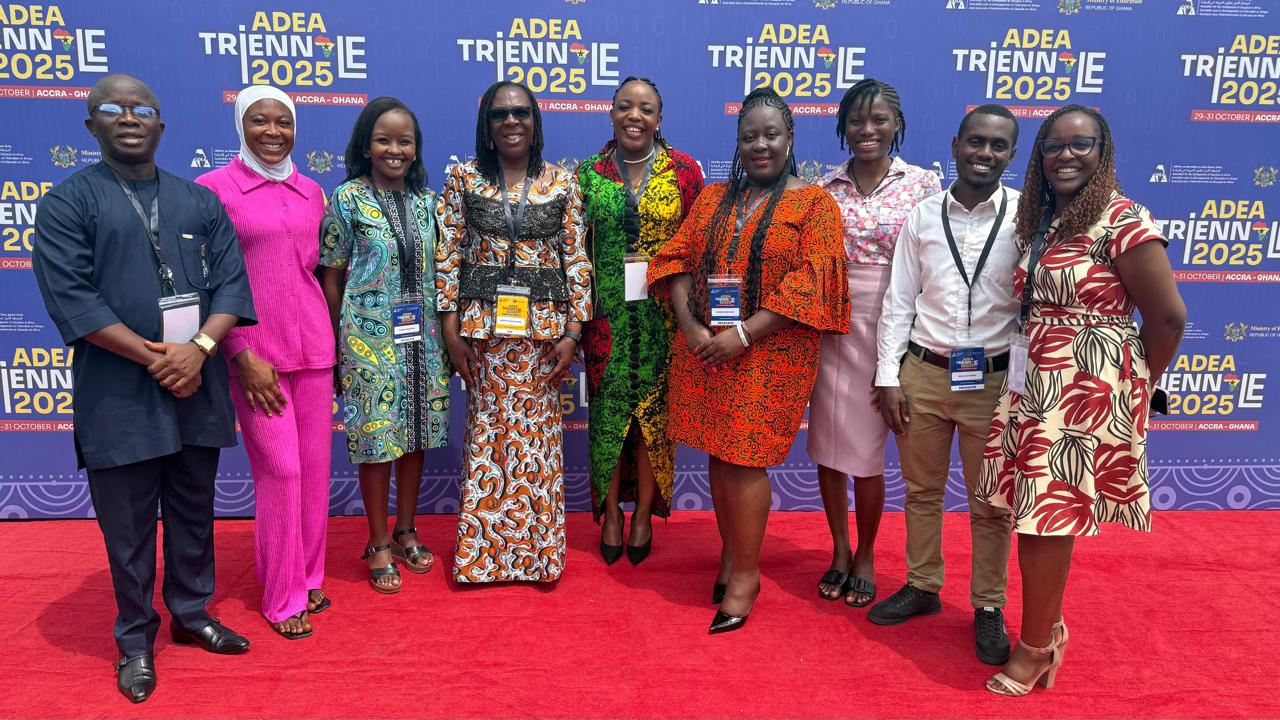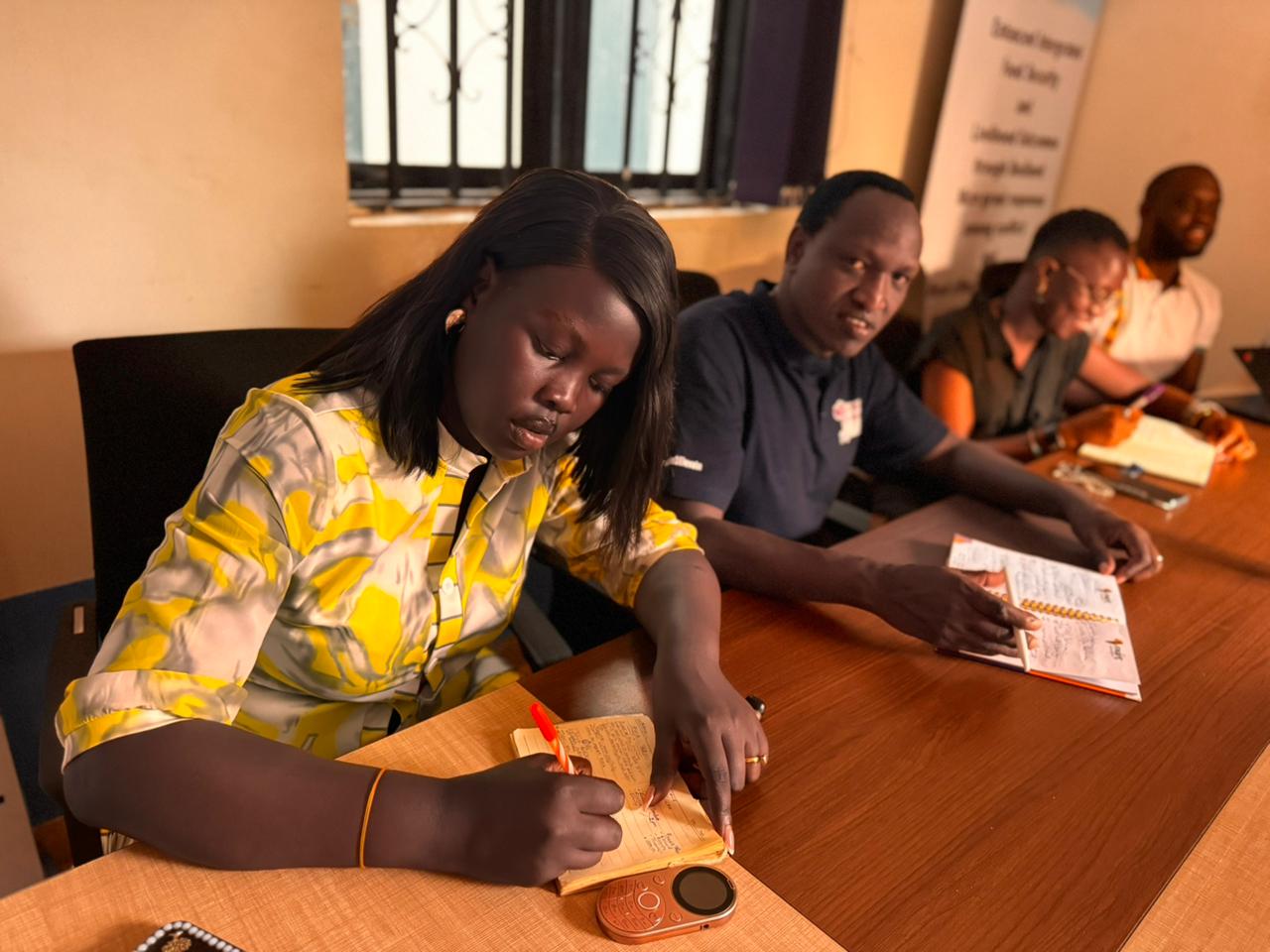NAIROBI – In the world of international development, a project’s end date often carries a quiet finality—a closing of files, a dispersal of teams. But sometimes, a conclusion is not an end, but a proof of concept. The recent visit of Ms. Marielle Bemelmans, Executive Director of Wemos, to the FAWE Regional Secretariat felt less like a post-mortem and more like a prelude.
She came not to eulogize the concluded Make Way project, but to survey the fertile ground it left behind. For five years, a formidable consortium—Wemos, FAWE, The Circle of Theologians, VSO, Lilianne Fonds, and Akina Mama wa Afrika—waged a quiet revolution across five nations. Their battlefield: the tangled, often invisible crossroads where a young woman’s body and her right to an education collide.
Their weapon was a single, potent idea: intersectionality.
This was not merely a buzzword tucked into a proposal. It was the operational compass. It meant understanding that a girl in Uganda isn’t just a student; she is a confluence of her disability, her poverty, her gender, and her location. The consortium worked in the spaces in-between, championing the idea that Sexual and Reproductive Health and Rights (SRHR) are not a separate sector, but the very foundation upon which educational attainment is built. You cannot teach a girl who is unable to make decisions about her own body.
The official five-year chapter ended on September 30th, 2025. Yet, the air in the meeting hosted by FAWE’s Deputy Executive Director, Ms. Teresa Omondi Adeitan, was charged not with nostalgia, but with necessity. The conversation was forward-leaning, anchored in a shared, unshakable conviction: the work is not done; the blueprint has simply been validated.
Ms. Adeitan’s call for a continuous partnership was a strategic imperative. The correlation between sexual rights and education is no longer a theory; it is a documented reality. The potential for a new alliance is not just “great”—it is the logical, urgent next step. They have spent five years proving the inextricable link. The next partnership will be about scaling the solution, ensuring that the intersectionality they championed becomes the mainstream roadmap for empowering every marginalized young woman.




Leave A Comment